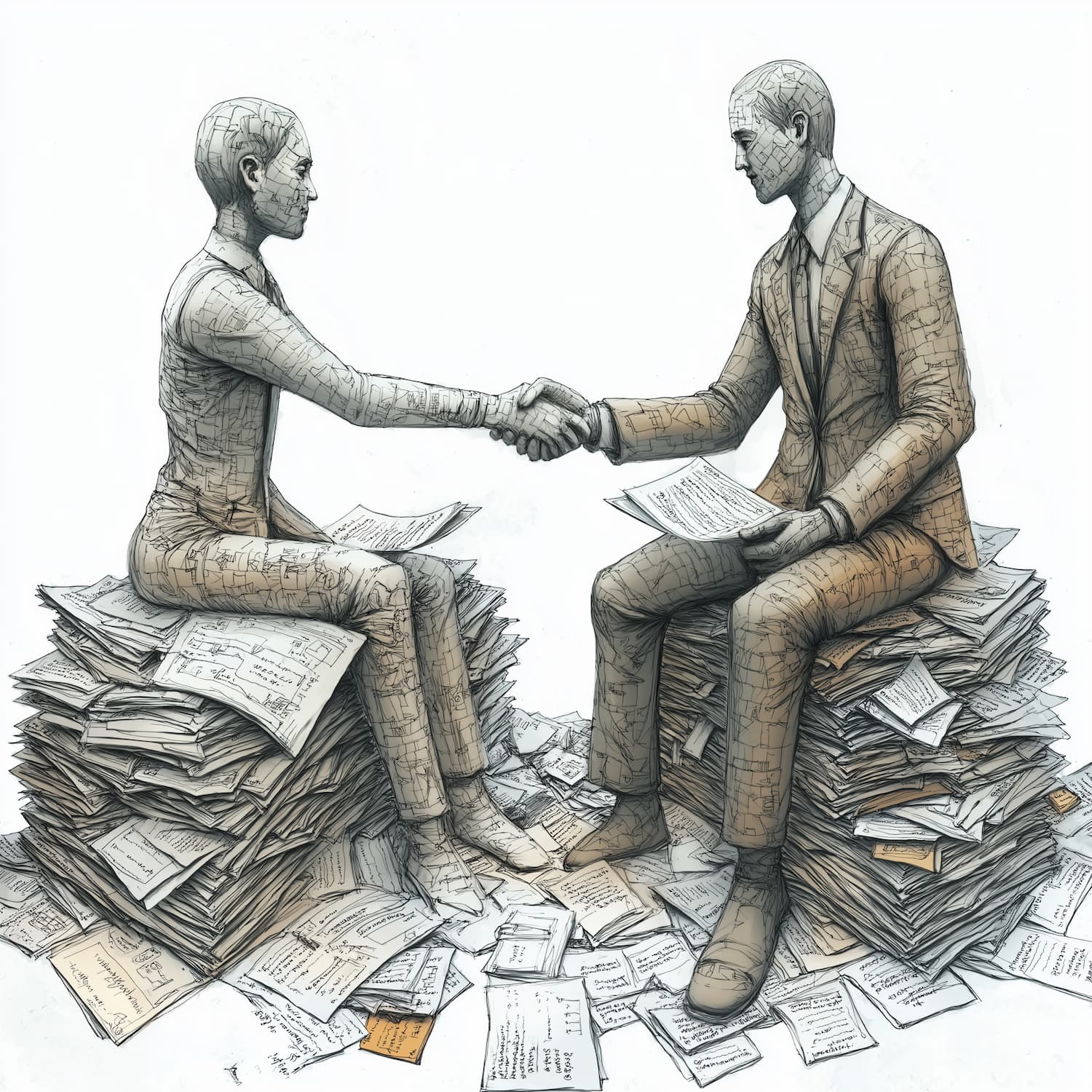Equality means that all people are equal in dignity and deserve the same treatment, regardless of, for example, their ethnicity, sexual orientation or functional limitations.
The word “equality” is defined in the 1948 UN Universal Declaration of Human Rights, according to which all human beings are born free and equal in dignity and rights. Everyone has the right to freedom of speech and religion, and the right to choose the partner he wants to live with.
The declaration applies to all people of the world. A modern democracy cannot exist without respect for human rights. The state must be able to protect its citizens from discrimination and oppression. In Sweden, human rights are enshrined in the three main acts of law in the constitution: the Instrument of Government, the Freedom of the Press Act and the Freedom of Speech Act. By law, the state and municipalities must work to ensure the right to work, housing and education for all residents.
Gender, Gender Equality and Feminism
Gender equality provides for equal rights for women and men. They should have equal power to influence their own lives and society as a whole. Women and men should have the same rights and responsibilities. The individual prerequisites of man are not only determined by his sex, but also by other factors. Therefore, women and men, individually assembled into a group, will not have the same life experiences and the same conditions of existence.
The category of gender is not a simple one. There are individuals who do not identify as either female or male, as well as individuals who identify as different from the sex they were assigned at birth. All people, regardless of their gender, are influenced by societal norms for gender and how society views a group of women and a group of men.
Feminism is a single concept for social analysis and a movement that implies that women in our society as a whole are subordinate to men, and seeks to eradicate this. Moreover, the feminist political movement works in every way to ensure that women and men have the same rights and responsibilities in society. In practice, working for greater gender equality means changing discriminatory laws, opposing sexual violence, increasing women’s representation in leadership positions, and drawing attention to how other forms of pressure are related to gender.


